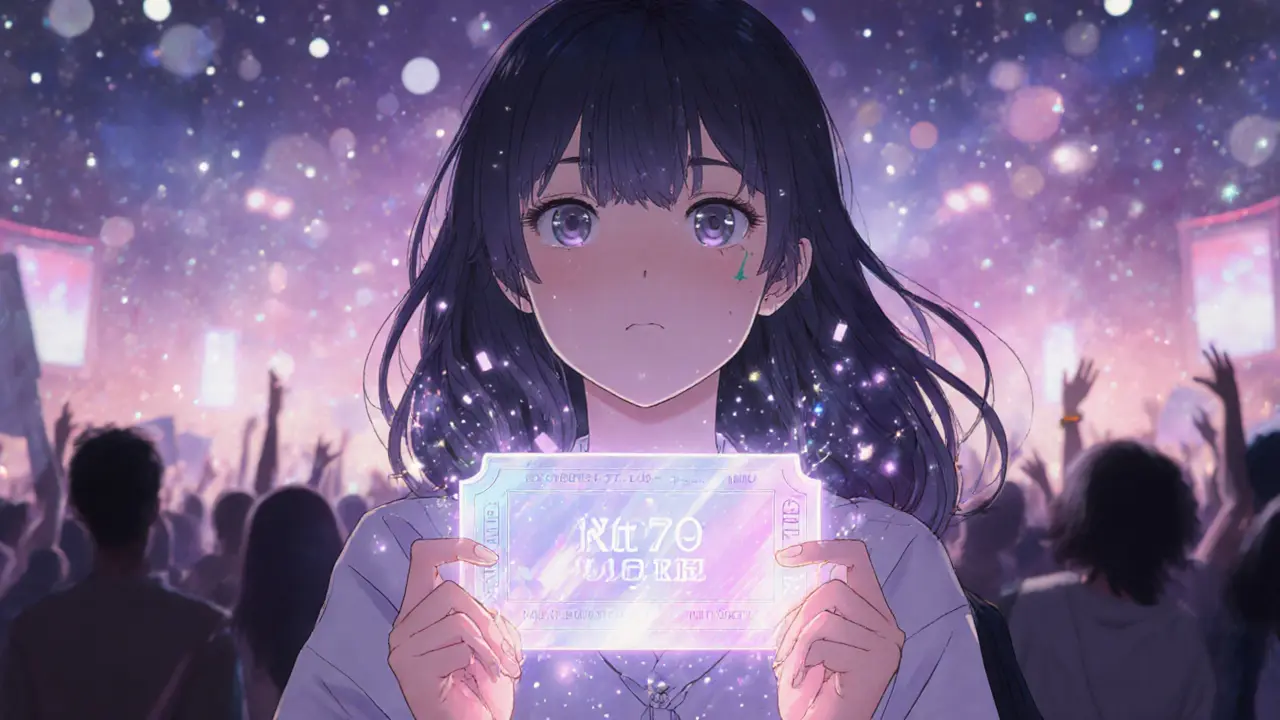Ticket Resale Royalties: How Blockchain Powers Fair Earnings
When working with Ticket resale royalties, the automated payouts event organizers receive every time a ticket changes hands on a secondary market. Also known as secondary ticket royalties, it creates a steady revenue stream beyond the primary sale. Ticket resale royalties solve the old problem of lost earnings when fans flip tickets at higher prices, and they do it without needing a middleman to chase down payments.
The technology that makes this possible is the non‑fungible token (NFT), a unique digital asset that can represent a concert ticket on a blockchain. An NFT ticket carries metadata about the event, seat location, and the royalty percentage set by the organizer. Because each token is unique, the blockchain can track every transfer, ensuring the royalty clause is triggered on every resale. This connection between NFTs and royalties means that organizers can monetize the secondary market without manual accounting.
Behind the scenes, smart contracts, self‑executing code that runs on a blockchain enforce the royalty rule. When a buyer purchases an NFT ticket from a seller, the smart contract automatically deducts the pre‑agreed royalty percentage and sends it to the designated wallet. No paperwork, no delays. This automation is a core reason why ticket resale royalties are gaining traction across sports, music, and live‑stream events. Ticket resale royalties encompass secondary market transactions, require smart contracts for enforcement, and benefit from the transparency of blockchain ledgers.
The broader ecosystem includes the secondary market, platforms where owners can list and sell their NFT tickets. These marketplaces read the royalty data embedded in each token and route the appropriate percentage to the organizer each time a sale occurs. Because the royalty logic lives on‑chain, every platform—whether it’s a dedicated ticket exchange or a generic NFT marketplace—must honor the same rule set. This uniformity levels the playing field and protects creators from royalty‑skipping services.
Beyond the basics, the posts on Bitcoin Border explore how tokenomics, airdrops, and DeFi mechanisms intersect with ticket resale royalties. For example, a token‑powered loyalty program can reward fans who hold tickets longer, while airdrop campaigns can boost community engagement around upcoming events. Understanding the economics behind royalty percentages—whether they’re fixed, tiered, or dynamic—helps organizers strike the right balance between revenue and fan goodwill. Moreover, insights from crypto‑centric articles about risk assessment, regulatory landscapes, and blockchain energy efficiency can guide event planners in choosing the most sustainable and compliant platforms.
In short, ticket resale royalties combine NFTs, smart contracts, and secondary market infrastructure to create a transparent, automated payout system. Below you’ll find a curated collection of articles that dive deeper into each component, from token design to real‑world regulatory considerations, giving you a clear roadmap to implement royalty‑enabled ticketing for your next event.
Boost Fan Engagement with NFT Tickets: A Practical Guide
Learn how NFT tickets transform fan engagement by adding security, royalties, and collectible perks, plus a step‑by‑step guide for event organizers.

